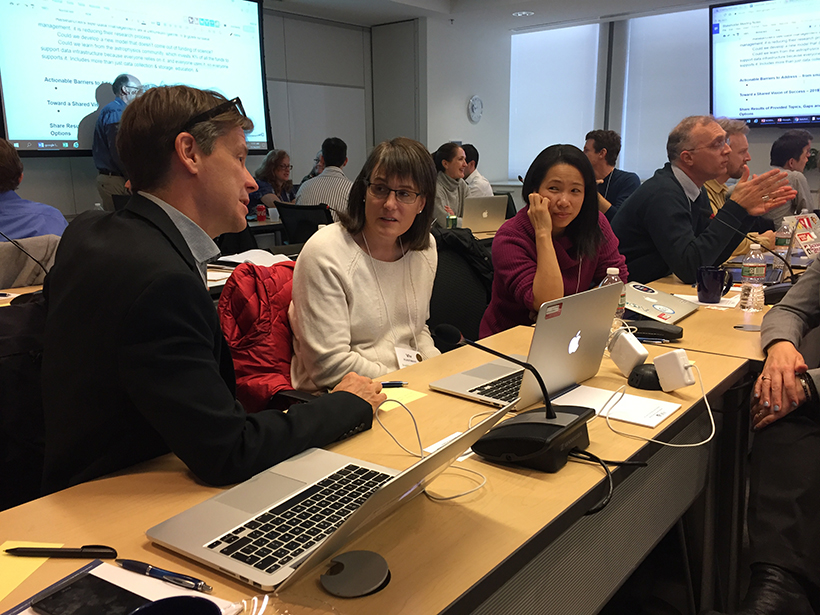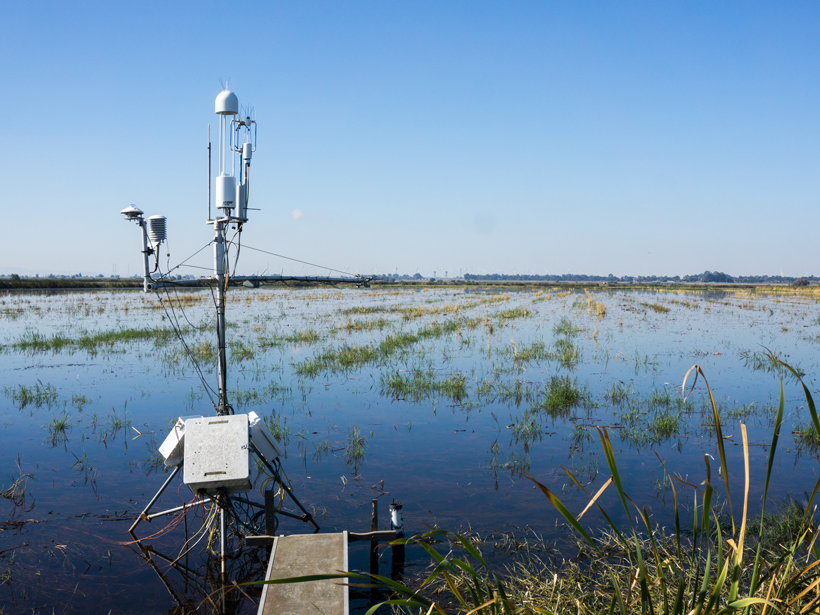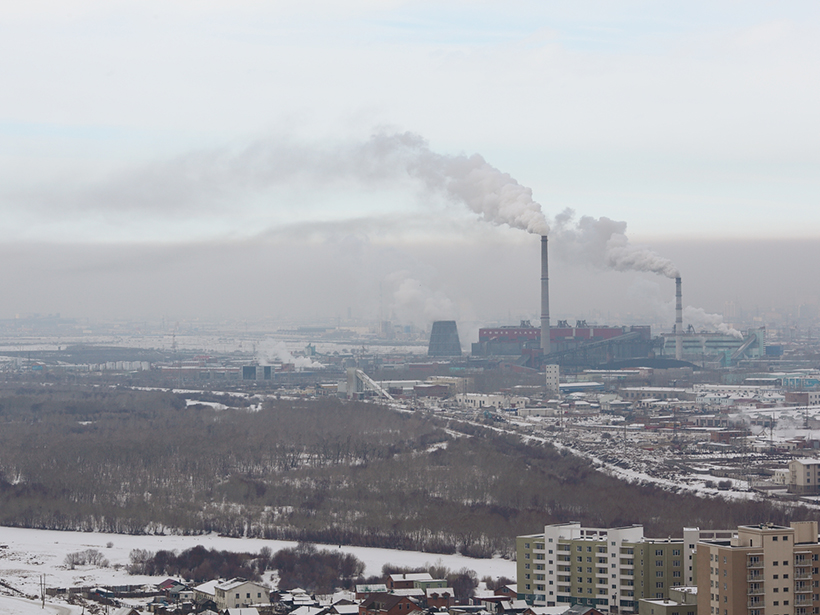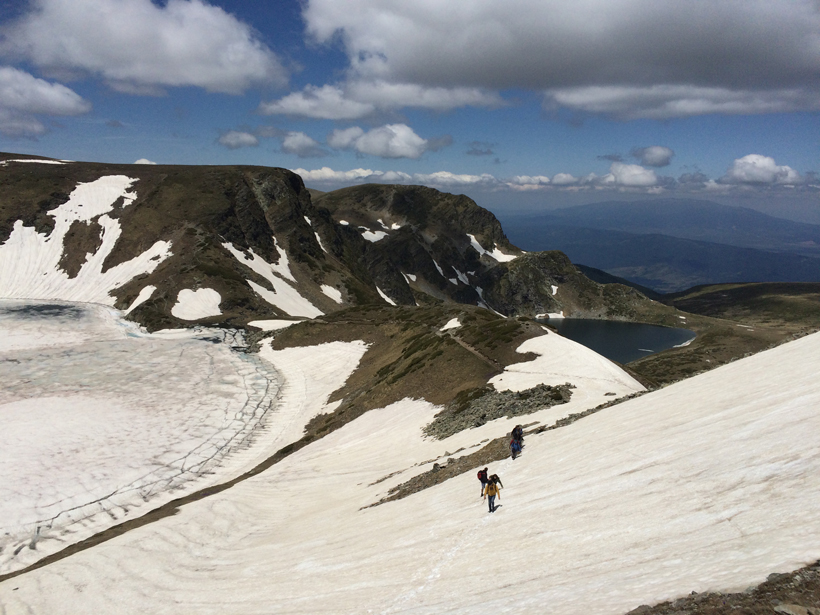Data experts from publishers, repositories, and other organizations met last month to kick off a project to promote open and Findable, Accessible, Interoperable, and Reusable (FAIR) data principles.
open science
New Earth and Space Science Preprint Server to Be Launched
An international advisory board drawn from geoscience societies will guide the project initiated by the American Geophysical Union.
Enabling Findable, Accessible, Interoperable, and Reusable Data
AGU is convening a partnership in the Earth and space science community to develop the standards to connect researchers, publishers, and data repositories.
Grant Will Advance Standards Promoting Open, High-Quality Data
Ensuring that data in the Earth and space sciences are findable, accessible, interoperable, and reusable (FAIR) lies at the heart of a new project funded by the Laura and John Arnold Foundation.
Climate and Ocean Science Builds for the Future
Second WCRP/CLIVAR Open Science Conference: Charting the Course for Climate and Ocean Research; Qingdao, China, 18–25 September 2016
A New Data Set to Keep a Sharper Eye on Land-Air Exchanges
FLUXNET2015, the latest update of the longest global record of ecosystem carbon, water, and energy fluxes, features improved data quality, new data products, and more open data sharing policies.
Four Position Statements Approved by AGU Board of Directors
The American Geophysical Union updated one position statement and reaffirmed three others as written.
Closing the Air Quality Data Gap in the Developing World
How a husband-and-wife team created the world's first open access, open source international air quality data hub—a global resource for health organizations, policy makers, and others.
Embracing Open Data in Field-Driven Sciences
Allowing data to be reused and research results to be replicated fosters innovation, high-quality research, and public trust in science.
Focus on the Future of Polar Research
The First World Summit of the Association of Polar Early Career Scientists; Sofia, Bulgaria, 6–8 June 2015










